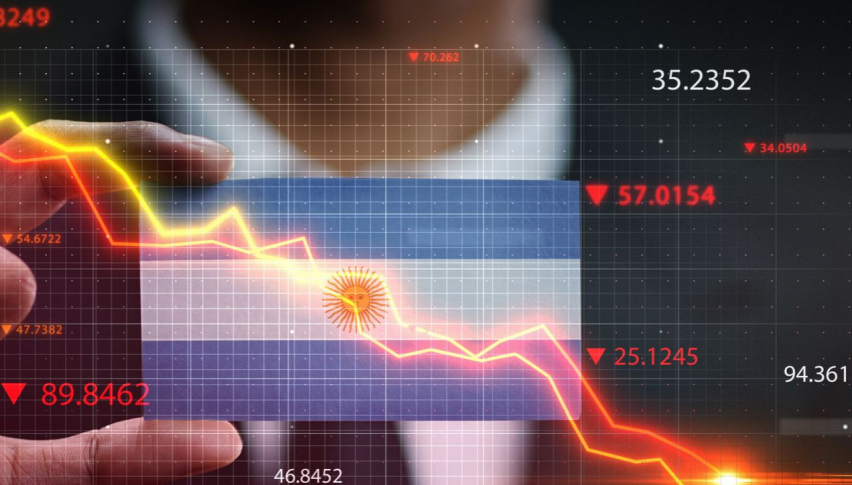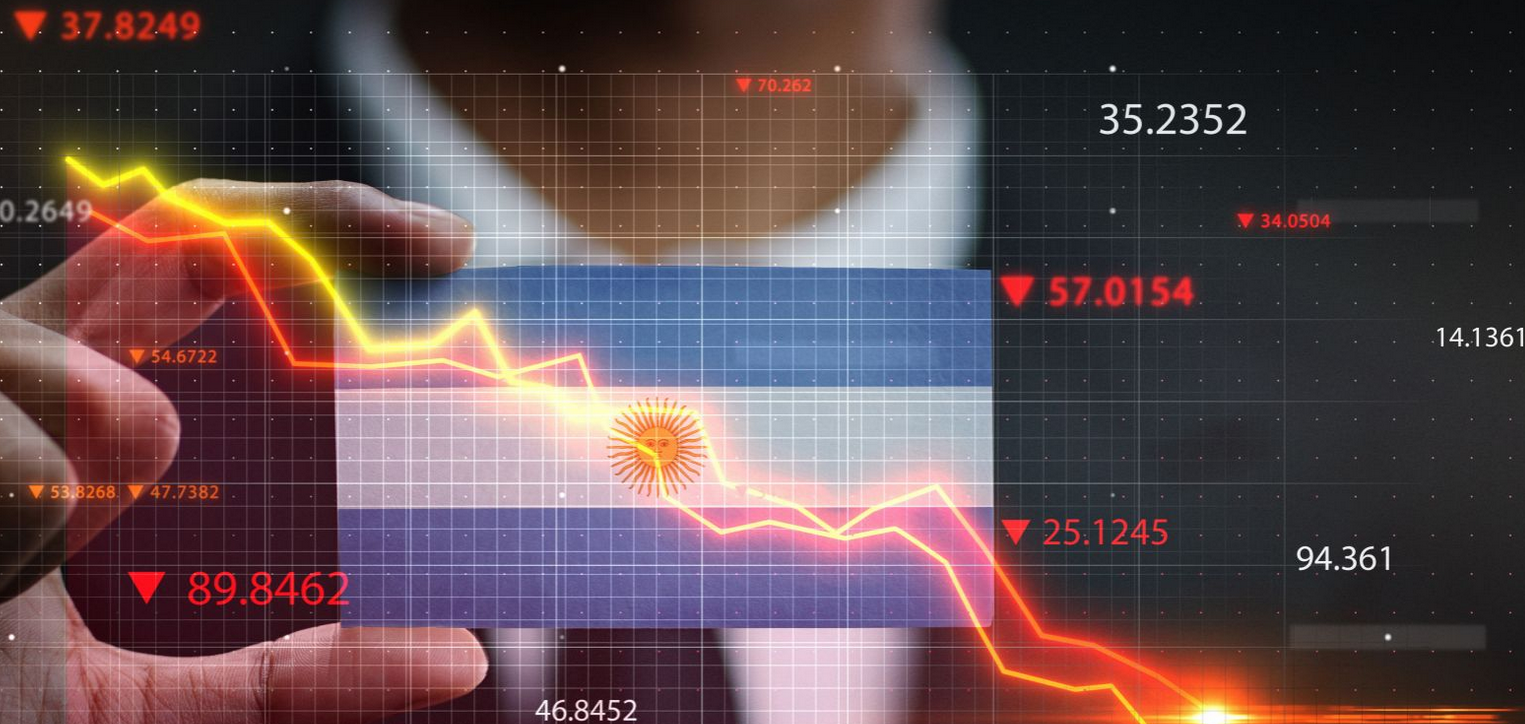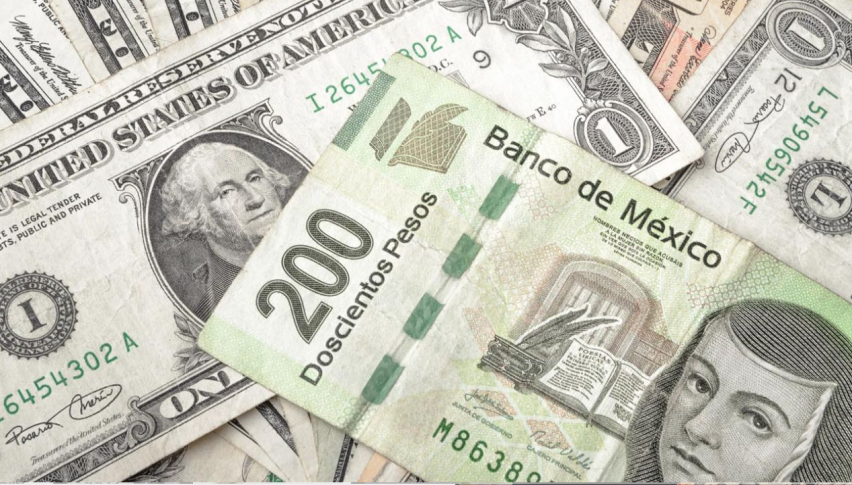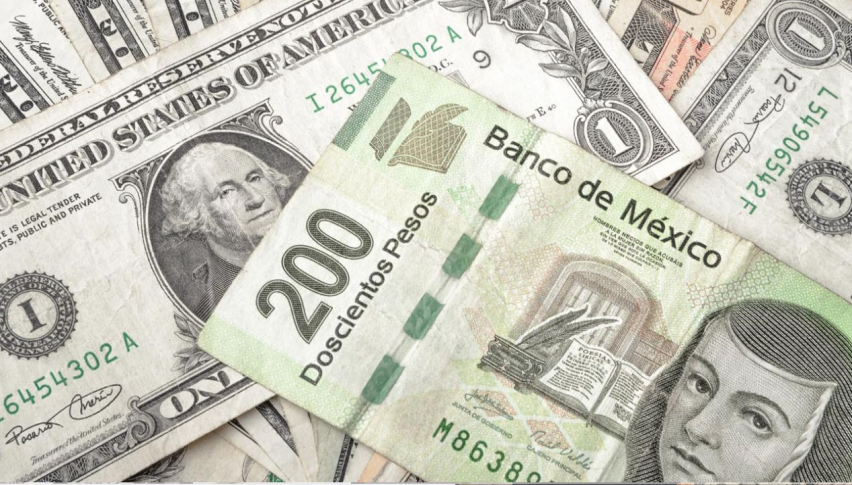Milei’s honeymoon with markets comes to an end amid investors’ doubts about his economic plan.
New measures to support the peso are causing nervousness about the government's ability to meet its long-term strategy.

New measures to support the peso are causing nervousness about the government’s ability to meet its long-term strategy.

Argentina’s libertarian President, Javier Milei, is facing his first major test of his plan to fix the country’s troubled economy after his measures to control the peso’s devaluation triggered a negative market reaction.
The government set the official exchange rate of the peso at around 960 per dollar, but in parallel exchange markets, both legal and illegal, the Argentine currency hit a historic low of nearly 1,500 per dollar this month.
The gap between these rates is seen as a key indicator of confidence in the current administration and could drive inflation.
A week and a half ago, Milei unveiled a plan to stabilize the peso: the central bank will tighten rules on money printing to reduce Argentina’s money supply and will begin using its scarce foreign currency reserves to buy pesos in the parallel market.
“If I close all the money printing faucets, the problem ends,” Milei said. “There is no panic, zero panic.”
Investors don’t seem to agree. Last week, the Argentine stock market fell by up to 12.3%, and its dollar-denominated sovereign bonds dropped by up to 11.3%, before trimming some losses, as critics labeled the new measures as short-sighted and inconsistent.
Delays in accumulating foreign reserves will hinder the government’s plan to lift currency controls—an essential step for foreign investment and significant economic growth—and increase the likelihood that the administration will have to default on more than $9 billion in foreign currency debt payments next year.
“They are sacrificing the goal of accumulating reserves to suppress exchange rate volatility, and this latter is something that worries no investor because it is a symptom of problems, not a problem in itself,” said Juan Pazos, chief economist at the Buenos Aires-based financial services firm TPGC Valores.
“Asset prices are recovering a bit, but these types of decisions begin to erode confidence in whether policymakers have the right priorities.”
Milei has delivered on his flagship electoral promise to “take a chainsaw” to cut Argentina’s public deficit in order to reduce the extremely high inflation: the monthly inflation rate fell from 26% in December to 4.6% in June.
He argues that keeping the peso strong is key to maintaining low inflation. However, investors are concerned that controlling inflation at any cost is now diverting attention from other ingredients necessary for Argentina’s long-term recovery: removing currency controls, accumulating reserves, and accessing international capital markets.
- Check out our free forex signals
- Follow the top economic events on FX Leaders economic calendar
- Trade better, discover more Forex Trading Strategies
- Open a FREE Trading Account


